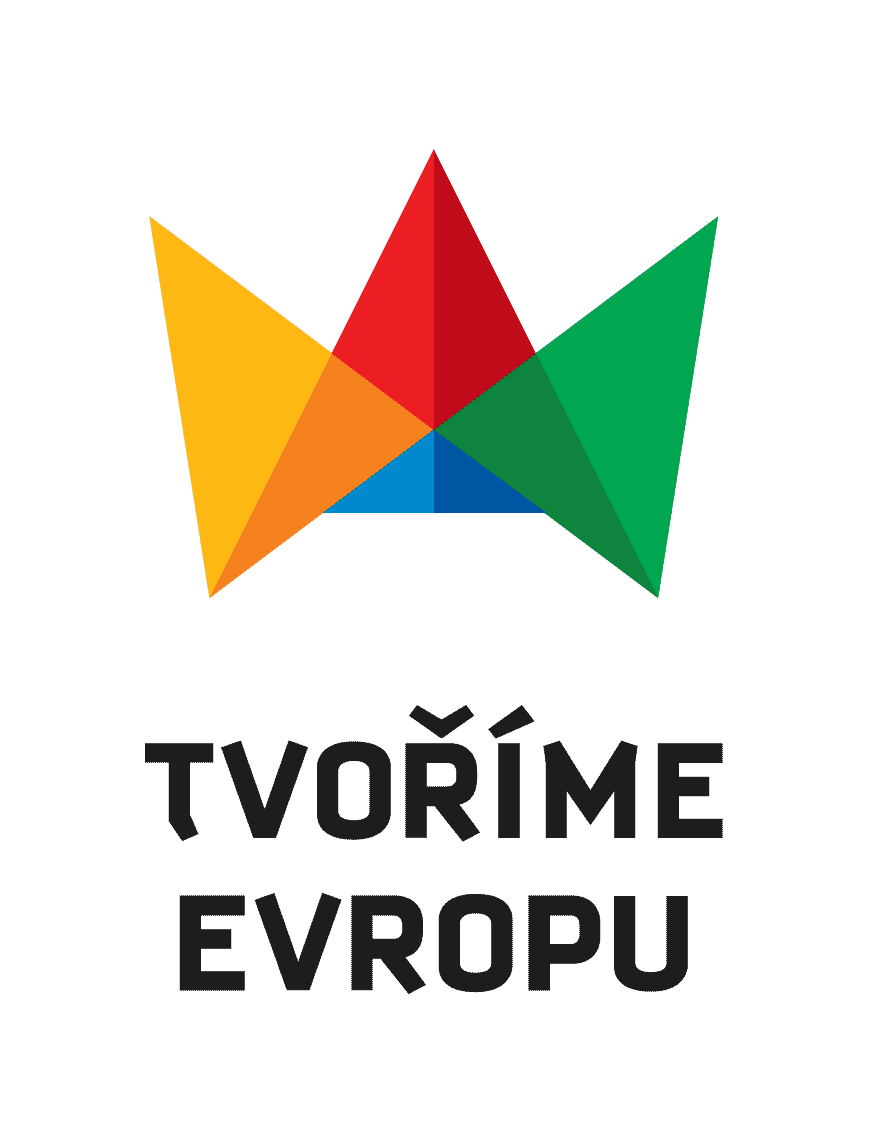02.03.2021
Office of the Government
Quarantined employees could receive a wage compensation equal to one hundred percent of the daily assessment basis for a fortnight. The relevant bill on increasing the income compensation for those in quarantine was approved by Andrej Babiš’s government at a meeting on 1 March 2021. The government also decided to call for more soldiers to help the Police of the Czech Republic and it approved an extraordinary measure of the Ministry of Health introducing regular covid-19 testing of employees in companies.
The government once again sought to create motivation for employees not to avoid quarantine in the event of a risky encounter with a person infected with coronavirus. The previous bill of the Ministry of Labour and Social Affairs was not approved by the Parliament; therefore, the ministry submitted a new bill on the increase of income compensation for persons in quarantine.
The bill has a different principle of compensation for wage loss, where instead of a fixed daily amount, it uses an increase in wage compensation to 100 percent of the reduced average earnings instead of the current 60 percent. It also extends the period for which an employee in quarantine would receive the increased sickness benefit, from ten to fourteen days. It remains in this version that the increased costs can be deducted by employers from the amount of insurance premiums paid for a calendar month. For more details, see the press release of the Ministry of Labour and Social Affairs at https://www.mpsv.cz/documents/20142/2061970/01_03_2021_TZ_nova_izolacka_vlada.pdf/ (in Czech language).
The government also approved an extraordinary measure of the Ministry of Health, which introduces mandatory comprehensive testing of employees. In the first phase, it will concern employers who employ at least 250 persons. From 3 March 2021, these employers are required to ensure antigen test for their employees that will be performed either by healthcare professionals or directly by the person being tested. From 5 March 2021, they must invite their employees to undergo the test, and from 12 March 2021, they must not allow employees who have not been tested in the past seven days access to the workplace. In the case of smaller companies, i.e. from 50 to 249 persons, the deadlines are postponed to March 5, 8 and 15, respectively.
Testing must be ensured by companies at least once a week and employees will be obliged to undergo this testing at the request of the employer. The only exceptions are those who have tested positive for coronavirus in the last 90 days, have been isolated and have no symptoms. If the result of the test is positive, the relevant person will be obliged to go home immediately, report it to his or her employer and attending physician, who will be obliged to send him or her for a confirmatory PCR test.
The government also approved a bill to increase the number of soldiers in active service to perform the tasks of the Police of the Czech Republic in connection with the SARS-CoV-2 virus epidemic. Up to 5,000 soldiers will be called in to help the police with supervising the government-imposed crisis measures. At the same time, the government decided to reduce the number of members of the Customs Administration of the Czech Republic called up to action to 300.
The government also approved the release of another general pardon of the Minister of Finance. A decision will be issued to waive value added tax accessories in connection with an emergency caused by the spread of coronavirus. This decision will waive the value added tax accessories related to the late filing of the VAT return and audit report for the February 2021 tax period, provided that the tax return and audit report are filed and the related value added tax is paid by 12 April 2021.
The government also approved the intention of the Ministry of Health to prepare a project for the further development of a vaccine against covid-19, including a proposal for its financing. The project team led by prof. MUDr. Věra Adámková, CSc., is ready to continue the project for the preparation of an emergent polyvalent vaccine with its phase II, where production would be introduced for preclinical and clinical evaluation of safety and efficacy. This vaccine should be highly effective against all coronavirus mutations. The costs for the second stage of development are estimated at a maximum of CZK 250 million.
The government also approved a bill on certain other adjustments in the area of state social support benefits and attendance allowance in connection with the covid-19 epidemic. The bill is intended to help resolve the situation at Labour Offices, which have found themselves a personnel crisis due to covid-19 infections, quarantines and nursing leaves related to the closure of schools and kindergartens. Shall this special covid law be approved, the Labour Office of the Czech Republic would be able to determine the entitlement, amount and payment of benefits for the second calendar quarter of 2021 based on income and housing costs data that were documented for entitlement to payment and the amount of benefits for the first quarter of 2021, i.e. from income and housing costs for the fourth calendar quarter of 2020. Thus, with a few exceptions, only new applicants would have to visit the Labour Offices. For more information, see the press release of the Ministry of Labour and Social Affairs at https://www.mpsv.cz/documents/20142/2061970/01_03_2021_preklopeni_davek.pdf (in Czech language).
The government also decided to provide free personal protective equipment from state material reserves. The government has set aside three million FFP2 respirators for the needs of persons or households at risk of poverty or material deprivation, employees of facilities for children in need of immediate assistance and foster parents; furthermore, 170,000 medical face masks will be sent to children placed in immediate care facilities and to children in foster care. Each facility caring for such children should receive 50 respirators per employee and 10 masks per child based on the facility’s capacity; foster parents should receive 20 FFP2 respirators per person and 10 masks per child. Any person at risk of poverty or material deprivation will then be entitled to six respirators. For more details, see the press release of the Ministry of Labour and Social Affairs at https://www.mpsv.cz/documents/20142/2061970/01_03_2021_TZ_distribuce_OOP.pdf (in Czech language).
The government also dealt with a bill to divide the allocation between the operational programmes for the 2021-2027 programming period. It also approved the definition of operational programmes for European Union funds in the field of home affairs. In total, almost EUR 19.5 billion will be available from the European Regional Development Fund (ERDF), the European Social Fund plus (ESF+) and the Cohesion Fund (CF) for the objective of Investment for jobs and growth. The draft Partnership Agreement for the period 2021-2027 will be submitted by the Minister for Regional Development to the Government by 31 August. Details are contained in the press release of the Ministry for Regional Development at https://mmr.cz/cs/ostatni/web/novinky/vlada-schvalila-rozdeleni-financi-mezi-operacni-pr (in Czech language).
The ministers also decided to release CZK 80 million to the budget of the Ministry of Culture from the chapter General Treasury Management, indicator Other expenditures, item Funds to support the public sector. This amount will finance the expenses of the National Library of the Czech Republic, which result from the copyright agreement with the collective administrators DILIA and OOA-S. The agreement allows students, teachers and researchers free access to digitised works contained in digital libraries of the National Library of the Czech Republic, the Moravian Library in Brno, the Library of Czech Academy of Sciences, the National Technical Library, the Charles University, the Municipal Library in Prague and other libraries for the needs of science and research during coronavirus related closures of schools and libraries.
The government also discussed several partial changes (in Czech language) to the adopted anti-epidemic measures. From 2 March 2021, driving school exams will be banned, and employees will be banned from eating directly at a personnel catering establishment. Therefore, company canteens or buffets will only be used for the sale or distribution of meals.
Autor: Office of the Government

